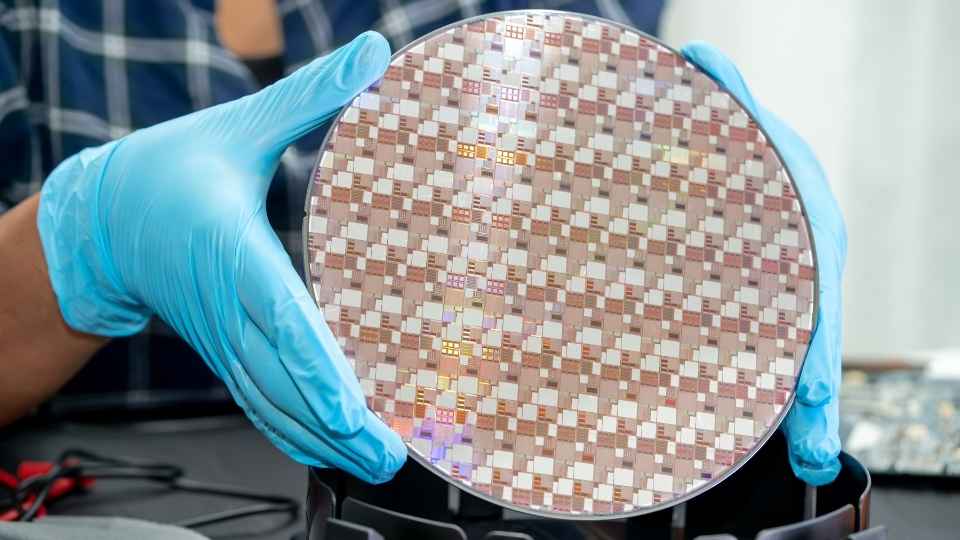
Did you know that microcontroller kits are becoming increasingly popular among hobbyists and educators alike?
In fact, according to a recent survey, 80% of hobbyists and educators believe that these kits provide an excellent platform for learning and experimentation.
If you're someone who is interested in delving into the world of microcontrollers, this ultimate guide is tailor-made for you.
From exploring starter kits to mastering advanced projects, we will cover everything you need to know to unleash your creativity and build exciting electronic projects.
Key Takeaways
- Microcontroller starter kits provide a comprehensive set of components and resources for learning about microcontrollers.
- Educational microcontroller kits cater to various skill levels and subjects, providing a comprehensive learning experience.
- The Arduino Starter Kit is one of the most popular kits for hobbyists, offering a range of projects from simple to complex.
- The Raspberry Pi Starter Kit is highly recommended for enthusiasts, providing detailed documentation and tutorials for beginners.
Exploring Starter Kits
When exploring starter kits for microcontroller projects, it is important to consider the specific needs and goals of hobbyists and educators in order to find the most suitable option. These kits provide a comprehensive set of components and resources that enable beginners to learn about microcontrollers and develop their own projects.
The kits typically include a microcontroller board, sensors, actuators, and various electronic components necessary for creating interactive projects. Additionally, they come with software development tools and documentation that guide users through the learning process.
The freedom provided by these kits allows individuals to explore their creativity by building custom circuits or modifying existing ones. Moreover, many starter kits are designed to be versatile, supporting multiple programming languages and offering compatibility with popular platforms like Arduino or Raspberry Pi.

Unveiling Educational Kits
As the demand for hands-on learning experiences continues to rise, educational kits that cater to various skill levels and subjects are being introduced to provide an engaging and effective way of teaching.
These educational kits are designed to offer a comprehensive learning experience, allowing students to explore different concepts and acquire new skills. Whether it is robotics, electronics, coding, or engineering, these kits provide a platform for students to experiment, problem-solve, and create.
They typically come with microcontrollers like Arduino or Raspberry Pi along with various components such as sensors, motors, LEDs, and breadboards. The kits often include detailed instructions and project ideas that enable learners to apply their knowledge in practical scenarios. This enables them to gain a deeper understanding of the subject matter while fostering creativity and critical thinking skills.
With educational kits at their disposal, hobbyists and educators have the freedom to explore endless possibilities in experiential learning.
Delving Into Hobbyist's Favorite Kits
Delving Into Hobbyist's Favorite Kits allows us to explore the most popular and sought-after kits among hobbyists. These kits have proven to be must-haves for enthusiasts looking to engage in various projects and experiments.
From robotics kits to electronic modules, these favorite kits offer a wide range of features and functionalities that cater to the diverse interests and skill levels of hobbyists.
Popular Kits for Hobbyists
One of the most popular kits for hobbyists in the field of microcontrollers is the Arduino Starter Kit. This kit provides a comprehensive set of components and projects to help beginners get started in their journey with microcontrollers.
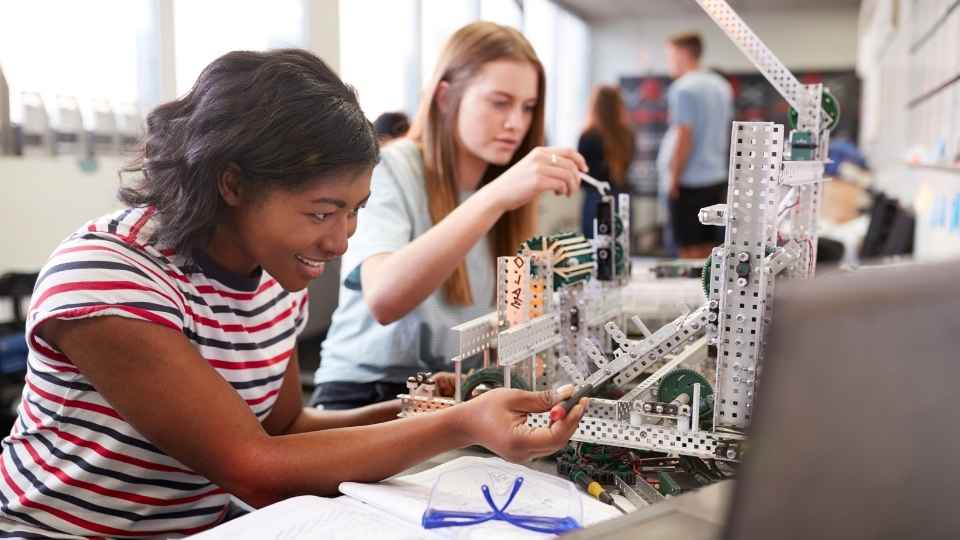
The kit includes an Arduino board, various sensors, actuators, and other electronic components that can be easily connected and programmed using the Arduino software.
The projects included in the kit range from simple LED blinking to more complex tasks like building a digital thermometer or controlling a robot arm.
With its user-friendly interface and extensive online community support, the Arduino Starter Kit offers freedom for hobbyists to explore their creativity and push the boundaries of what they can achieve with microcontrollers.
Must-Have Hobbyist Kits
A highly recommended resource for enthusiasts exploring the world of microcontrollers is the Raspberry Pi Starter Kit. This kit provides a comprehensive set of components and projects to help beginners embark on their journey with these versatile mini computers.
The Raspberry Pi Starter Kit includes a Raspberry Pi board, power supply, SD card, and various input/output devices such as LEDs, buttons, and sensors. These components allow users to start experimenting and building their first projects right away.
In addition to the hardware, the kit also comes with detailed documentation and tutorials. These resources guide users through the process of setting up their Raspberry Pi and building their first projects. This makes it a great option for beginners who may not have much experience with microcontrollers.
By using the Raspberry Pi Starter Kit, hobbyists can learn about programming in languages like Python or Scratch. This opens up a wide range of possibilities for creating different applications with microcontrollers. From home automation to robotics, there are countless projects that can be explored using the Raspberry Pi.

Overall, the Raspberry Pi Starter Kit offers an excellent starting point for those interested in delving into the exciting world of microcontrollers. It provides the necessary components, documentation, and tutorials to help beginners get started, while also giving them the freedom to experiment and create innovative projects.
Mastering Advanced Microcontroller Kits
To gain expertise in utilizing advanced microcontroller kits, it is crucial for hobbyists and educators to thoroughly understand the intricacies of their components and programming capabilities.
These kits offer a wide range of features and functionalities that can be harnessed for various applications. At the core of these kits lies the microcontroller, a small computer on a single integrated circuit that contains a processor, memory, and input/output peripherals.
Programming the microcontroller requires knowledge of specific programming languages such as C or assembly language. Additionally, understanding the components connected to the microcontroller, such as sensors, actuators, and displays, is essential for creating complex projects.
Building Robotics Projects With Microcontroller Kits
Building robotics projects with microcontroller kits is an exciting and challenging endeavor that requires a deep understanding of programming microcontrollers, knowledge of hardware components specific to robotics, and the ability to overcome various challenges in building functional robots.
In this section, we will explore the intricacies of programming microcontrollers for robots. This includes understanding the programming languages commonly used, such as C or C++, and learning how to write code that can control motors, sensors, and other devices.
We will also delve into the essential hardware components needed for successful robotic projects. This includes discussing the types of motors commonly used in robotics, such as DC motors or servo motors, and understanding how to interface these motors with microcontrollers.
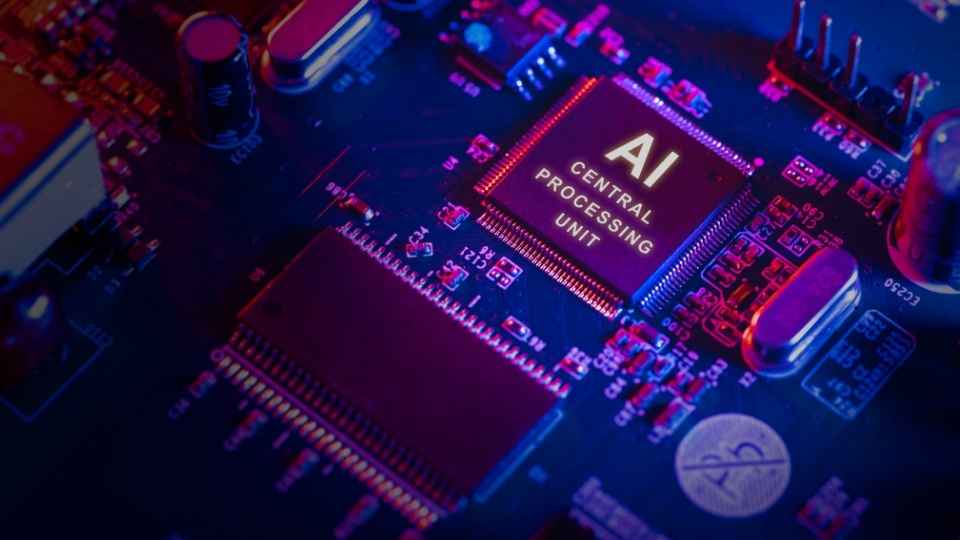
Additionally, we will discuss some common challenges faced by builders in this field. This includes troubleshooting issues with wiring, debugging code, and ensuring compatibility between different components.
Programming Microcontrollers for Robots
Programming microcontrollers for robots requires a strong understanding of coding languages and the ability to create algorithms that can control robotic movements and functions. It is a complex task that demands precision and attention to detail. Here are some key points to consider:
Challenging yet rewarding: The process of programming microcontrollers for robots can be challenging, but the satisfaction of seeing your creation come to life is incredibly rewarding.
Unleashing creativity: By programming microcontrollers, you have the freedom to bring your ideas and imagination to reality, allowing you to build robots that perform specific tasks or exhibit unique behaviors.
Endless possibilities: From autonomous drones that navigate through obstacles to robotic arms performing intricate tasks, the possibilities are only limited by your creativity.
Empowering innovation: Programming microcontrollers empowers individuals to develop innovative solutions in various industries like healthcare, agriculture, and manufacturing.
Overall, programming microcontrollers for robots offers a liberating experience where one has the freedom to explore their technical skills while pushing the boundaries of what's possible in robotics.
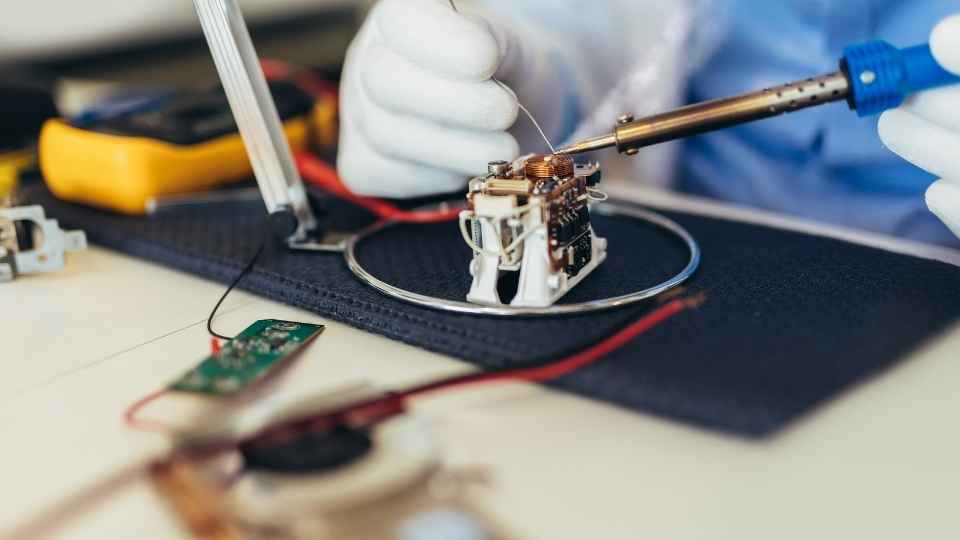
Hardware Components for Robotics
In order to build a functional robot, it is essential to understand the hardware components that are required. These components serve as the building blocks for constructing a robot capable of performing various tasks.
The main hardware components used in robotics include microcontrollers, sensors, actuators, power sources, and communication modules.
Microcontrollers act as the brain of the robot, controlling its behavior and executing programmed instructions. They provide computing power and enable communication with other hardware components.
Sensors are responsible for collecting data from the robot's environment, providing inputs for decision-making processes.
Actuators convert these decisions into physical actions by moving or manipulating objects in the real world.
Power sources supply energy to all the electronic components in the system.
Communication modules facilitate interaction between robots and their operators or other robots.
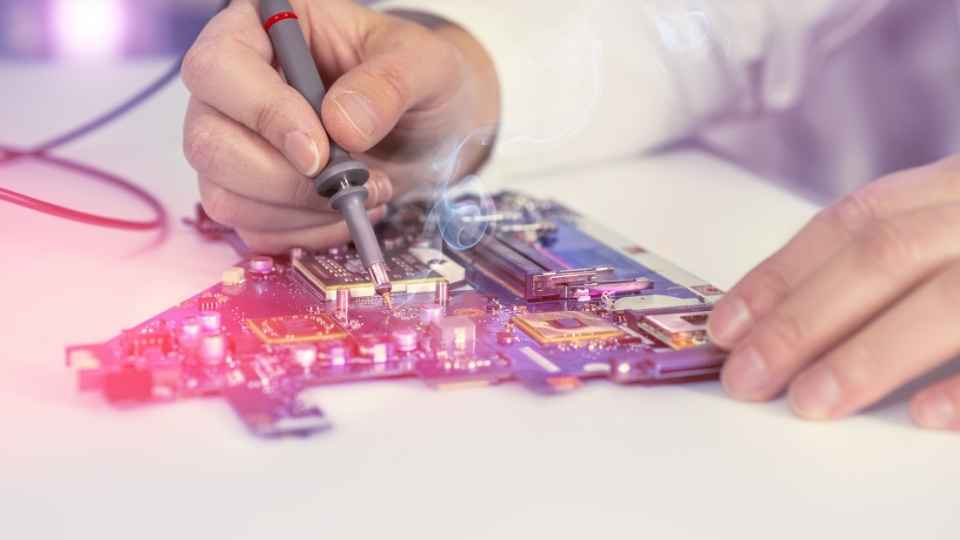
Understanding these hardware components is crucial for designing and implementing robotic systems that can operate autonomously or be remotely controlled.
Challenges in Building Robots
One of the challenges faced in the development of robots is the integration and synchronization of various hardware components. Robots require a combination of sensors, actuators, motors, and controllers to function properly. Achieving seamless communication and coordination between these components can be complex and time-consuming. Challenges arise when different components have different data formats or incompatible protocols. Additionally, ensuring that all hardware components work together harmoniously requires careful planning and programming.
To evoke an emotional response in our freedom-seeking audience, consider the following:
- Frustration: Imagine spending hours troubleshooting compatibility issues between your robot's sensors and controller.
- Empowerment: Picture the satisfaction of successfully integrating multiple hardware components to create a fully functional robot.
Overcoming these challenges is crucial for achieving advanced robotic capabilities while providing users with the freedom to explore their creativity in robotics development.
Creating DIY Projects With Microcontroller Kits
To design and build innovative projects using microcontroller kits, hobbyists and educators can explore the endless possibilities of DIY creations. Microcontroller kits provide a versatile platform for individuals to express their creativity and bring their ideas to life. With these kits, one can develop a wide range of projects, from simple LED displays to complex robotics systems.
Microcontroller kits typically consist of a microcontroller board, various sensors, actuators, and other electronic components that enable interaction with the physical world. These kits often come with software development tools and libraries that simplify the programming process.
The freedom offered by microcontroller kits allows users to customize their projects according to their specific requirements. Whether it's creating an automated garden watering system or designing a home automation solution, the only limit is one's imagination.
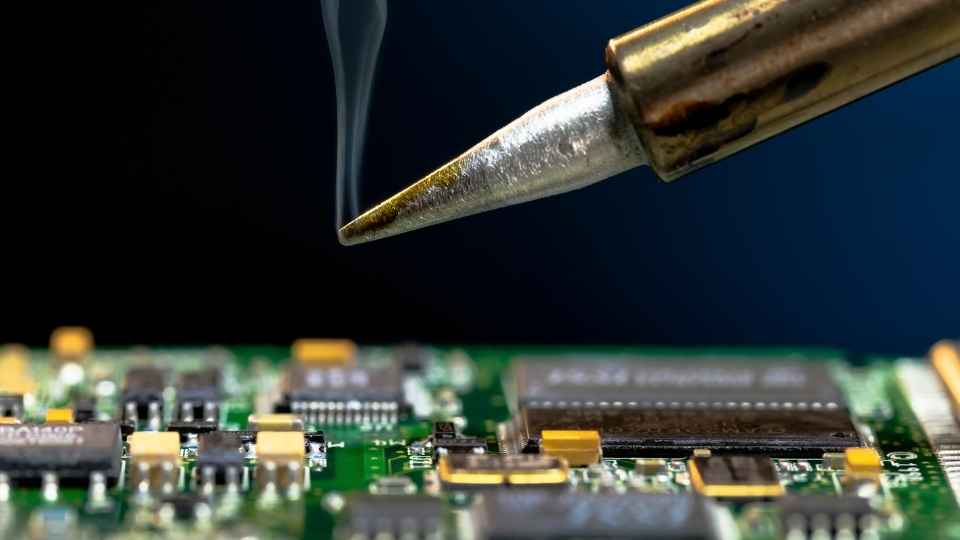
Furthermore, microcontroller kits offer a great learning opportunity for both hobbyists and educators. They provide hands-on experience in electronics, programming, and problem-solving skills. By exploring different project ideas and experimenting with different components and functionalities, users can expand their knowledge base while having fun.
Resources and Recommendations for Microcontroller Kits
For individuals looking to explore the world of microcontroller projects, there are a variety of resources and recommendations available to help guide their journey. Whether you're a hobbyist or an educator, these tools can provide valuable assistance in understanding and utilizing microcontroller kits effectively.
Here are some resources and recommendations:
Online Communities:
Forums: Engage with like-minded individuals who can offer guidance, support, and inspiration.
Social Media Groups: Join communities on platforms such as Reddit or Facebook to connect with enthusiasts around the world.
Educational Materials:
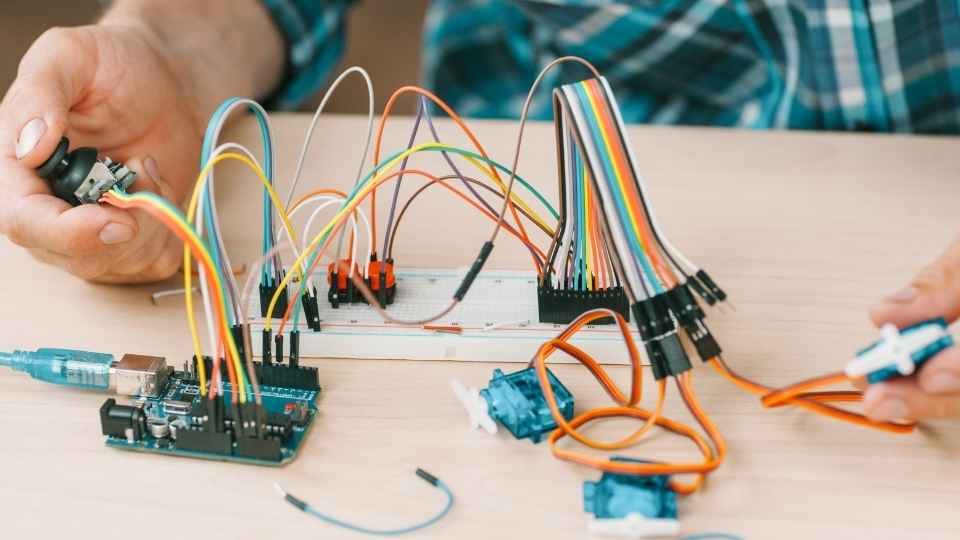
Books: Explore comprehensive guides that cover various aspects of microcontroller projects.
Video Tutorials: Learn step-by-step through visual demonstrations.
These resources foster a sense of freedom by encouraging exploration, collaboration, and continuous learning. By tapping into these tools, individuals can unlock the potential of microcontrollers and unleash their creativity in building innovative projects.
Frequently Asked Questions
What Are the Different Types of Microcontroller Kits Available in the Market?
There are various types of microcontroller kits available in the market, catering to the needs of hobbyists and educators. These kits provide a range of features and functionalities, allowing users to experiment with programming, electronics, and robotics.
Can Microcontroller Kits Be Used for Industrial Applications?
Yes, microcontroller kits can be used for industrial applications. They offer versatility and flexibility in designing and controlling various processes. With their ability to integrate with other systems, they are widely used in automation, robotics, and monitoring applications in industries worldwide.
Are There Any Certifications or Training Programs Available for Learning Microcontroller Programming?
There are various certifications and training programs available for learning microcontroller programming. These programs provide technical knowledge, hands-on experience, and industry-recognized credentials to individuals seeking to enhance their skills in this field.
How Can I Customize or Modify a Microcontroller Kit to Suit My Specific Project Requirements?
To tailor a microcontroller kit to specific project requirements, one can employ various customization techniques that allow for modifications such as adding or removing components, adjusting code, and utilizing external modules for enhanced functionality and flexibility.
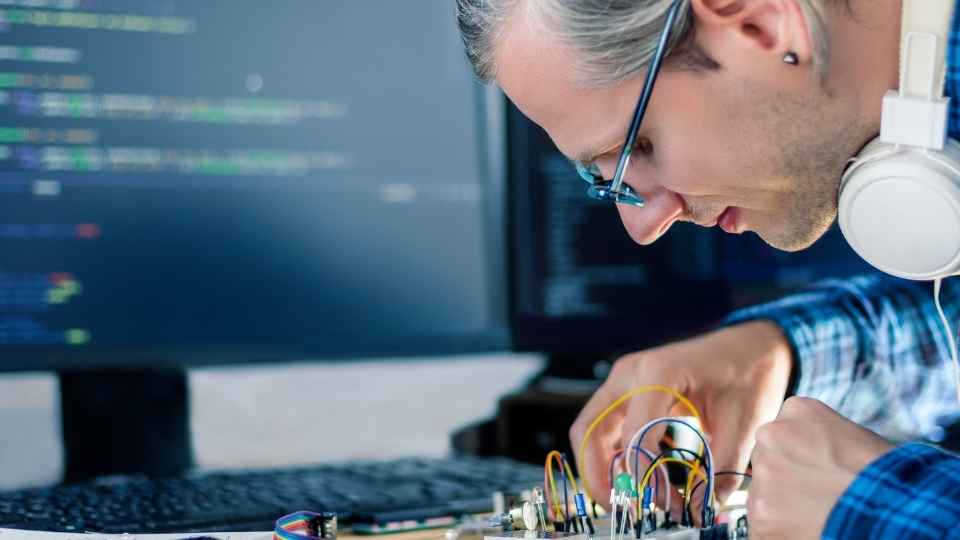
What Are Some Common Troubleshooting Techniques for Microcontroller Kits When They Don't Function Properly?
To troubleshoot malfunctioning microcontroller kits, common techniques include checking the power supply, verifying proper connections, inspecting for damaged components, reviewing code or programming errors, and using debugging tools to identify and resolve issues.
 Basic Electronics ConceptsEssential ToolsCircuit Design BasicsMicrocontrollersDIY Electronics ProjectsRoboticsPrivacy PolicyTerms And Conditions
Basic Electronics ConceptsEssential ToolsCircuit Design BasicsMicrocontrollersDIY Electronics ProjectsRoboticsPrivacy PolicyTerms And Conditions
